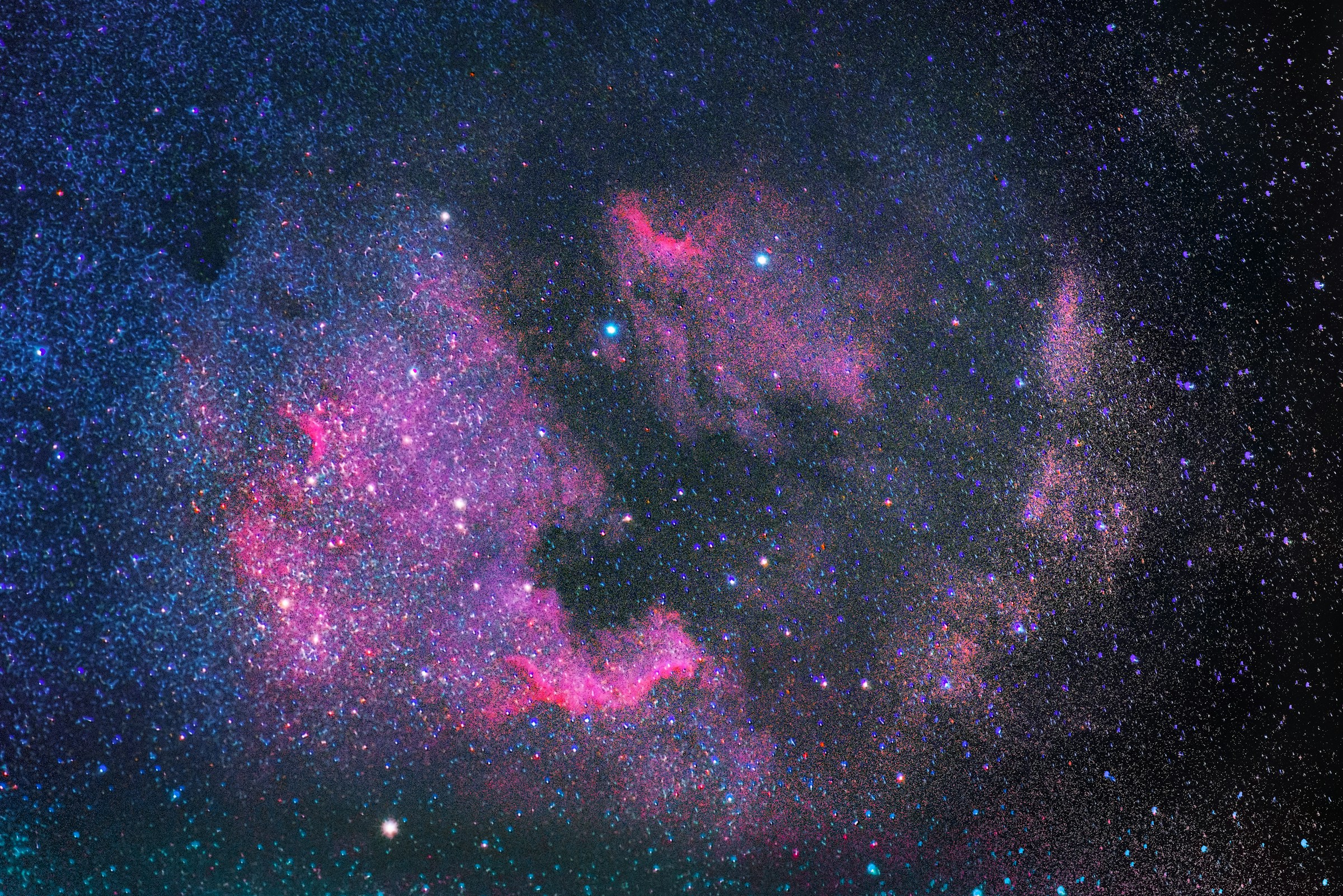The Distinctions Between Vedic And Western Astrology
There are many differences between Vedic and Western Astrology. To go through every single one of them would involve writing hundreds of pages. We’ll give the highlights.
Author:Celeste PearlReviewer:Michele SievertMar 20, 20243.9K Shares231.9K Views

There are many differences between Vedic and Western Astrology. To go through every single one of them would involve writing hundreds of pages. We’ll give the highlights.
Their Origins
Vedic astrology has its roots in Hinduism, while Western Astrology combines Ancient Greek and Roman traditions.
The Zodiac Systems
Most people will have heard of the Western astrology zodiac systems. Even if somebody doesn’t believe in astrology, they’ll probably know their star sign, e.g., Capricorn, Aquarius, etc.
Vedic astrology also uses star signs, but because star signs are based on the actual positions of the stars at a certain point in time (while Western astrology looks at the position of the sun at the vernal equinox), the signs are slightly different, and they correspond to a different ‘time’ period. For example, Aquarius is called Kumbha in Vedic astrology, and it happens between February 12th and March 12th instead.
Vedic Astrology Uses a Sidereal System
This part can get a little bit confusing.
In Western astrology, planets and stars are fixed. So, no matter when a person is born, Western astrology will always have the same perspective of their planetary and star alignments.
Not Vedic astrology. It utilizes something known as sidereal time (which is what astronomers do, too). It looks at how the positions of stars and planets will change over time. This can significantly impact the reading somebody gets from a Vedic astrologist.
Because of this, birth charts that follow the Vedic way of thinking are often more complicated and provide different guidance than those produced using Western astrology.
Different ‘Prediction’ Philosophies
Those who listen to Western astrology will know that much of what it says is about how a person behaves or looks at compatibility between two different star signs. A bit of luckmay factor into the equation when making predictions, but most will be based on personalities.
Vedic astrology plays heavily into the Hindu idea of karma and dharma. This is the luck and life path a person is meant to follow. Because of the more specific nature of Vedic astrology, each person has a distinct life path and challenges they’ll face along the way.
Astrology Popularity
Astrology has become increasingly popular over the past few decades, with people taking an interest in how stars and planets might influence their lives. This interest has been demonstrated in various ways, from online horoscopes to dating apps that find your match based on compatible zodiac signsand even themed games or events. Astrology-themed bingo seems to have become something of an underground hit, where players use themed Zodiac cards and choose classic numbersand combinations based on elemental rulership. For example, Fire would be 1-5-9 (Aries, Leo, Sagittarius).
Remedies
In Western astrology, the destiny is fixed. It cannot be changed. Well, that’s the theory. In Vedic astrology, the things that will hamper a person in life can be impacted. Many people who follow Vedic astrology will be very ritualistic, and they may wear gemstones to counter some of the bad effects of life (or boost the positive impacts). Western astrology just asks people to be more self-aware about what is happening around them.
So, if a person is interested in astrology, the differences between Western and Vedic astrology may be worth investigating. It may be valuable to have a chart produced in both to see how vastly different the results can be.

Celeste Pearl
Author
Celeste Pearl is an accomplished writer and expert in numerology, astrology, and spirituality.
With a Bachelor of Arts in Journalism and over 6 years of writing experience, Celeste brings a wealth of expertise to her articles, making complex topics accessible and engaging for readers.
Her passion for metaphysical sciences is evident in her insightful content, where she explores the depths of these subjects with clarity and depth.
Beyond her professional pursuits, Celeste enjoys delving into spiritual practices and connecting with nature for inspiration.

Michele Sievert
Reviewer
Michele Sievert is a seasoned expert in astrology and spirituality, boasting over 10 years of experience in these transformative fields. She holds a Bachelor's degree in Astrology from the International Academy of Astrology, showcasing her dedication and expertise in the mystical arts.
Michele's insightful guidance has positively impacted numerous individuals, helping them navigate life's complexities with clarity and purpose. Her deep understanding and engaging style make her writings a trusted resource for those seeking spiritual enlightenment.
In her leisure time, she enjoys spending moments of tranquility with loved ones, fostering a balanced and fulfilling life.
Latest Articles
Popular Articles